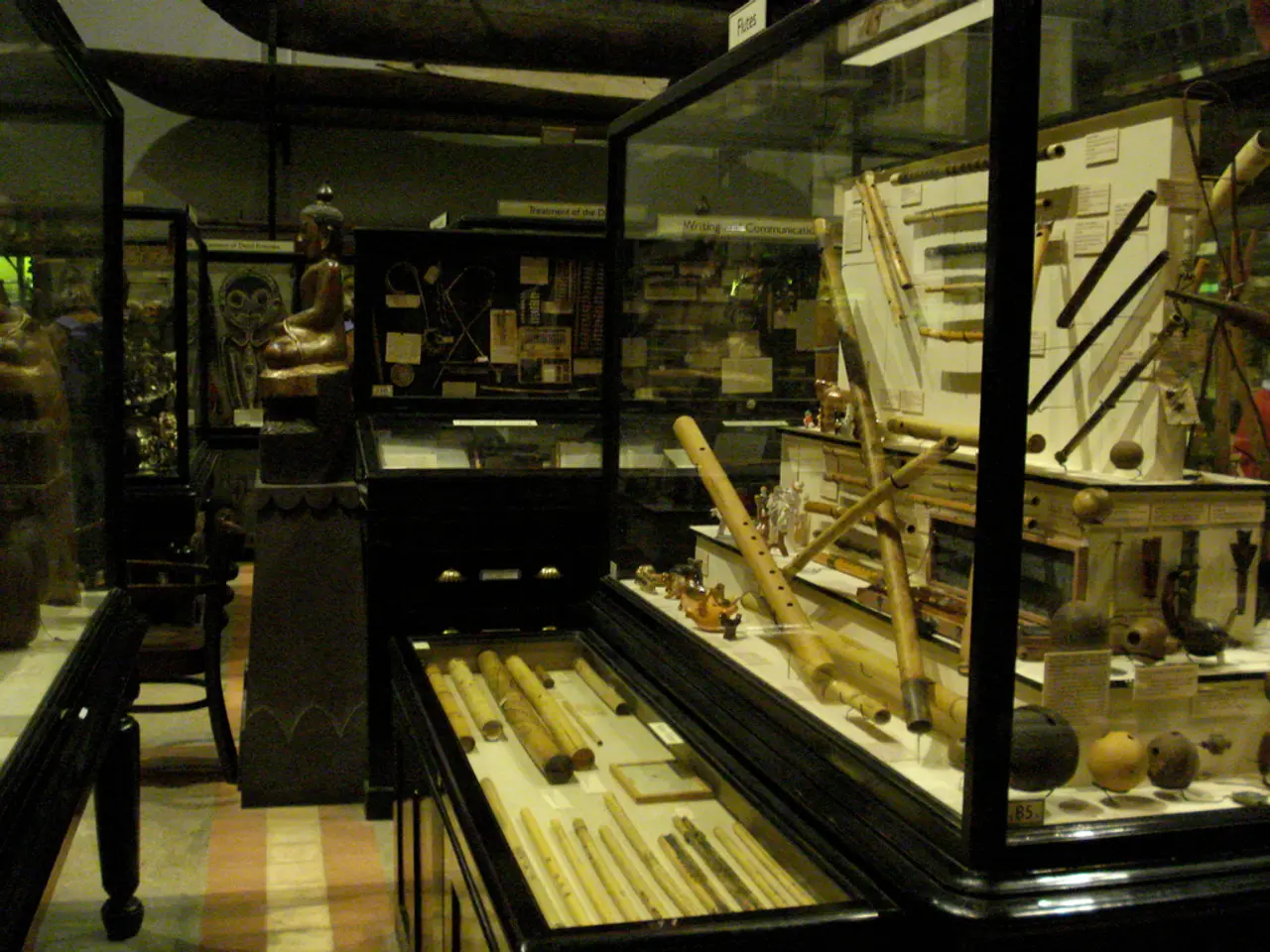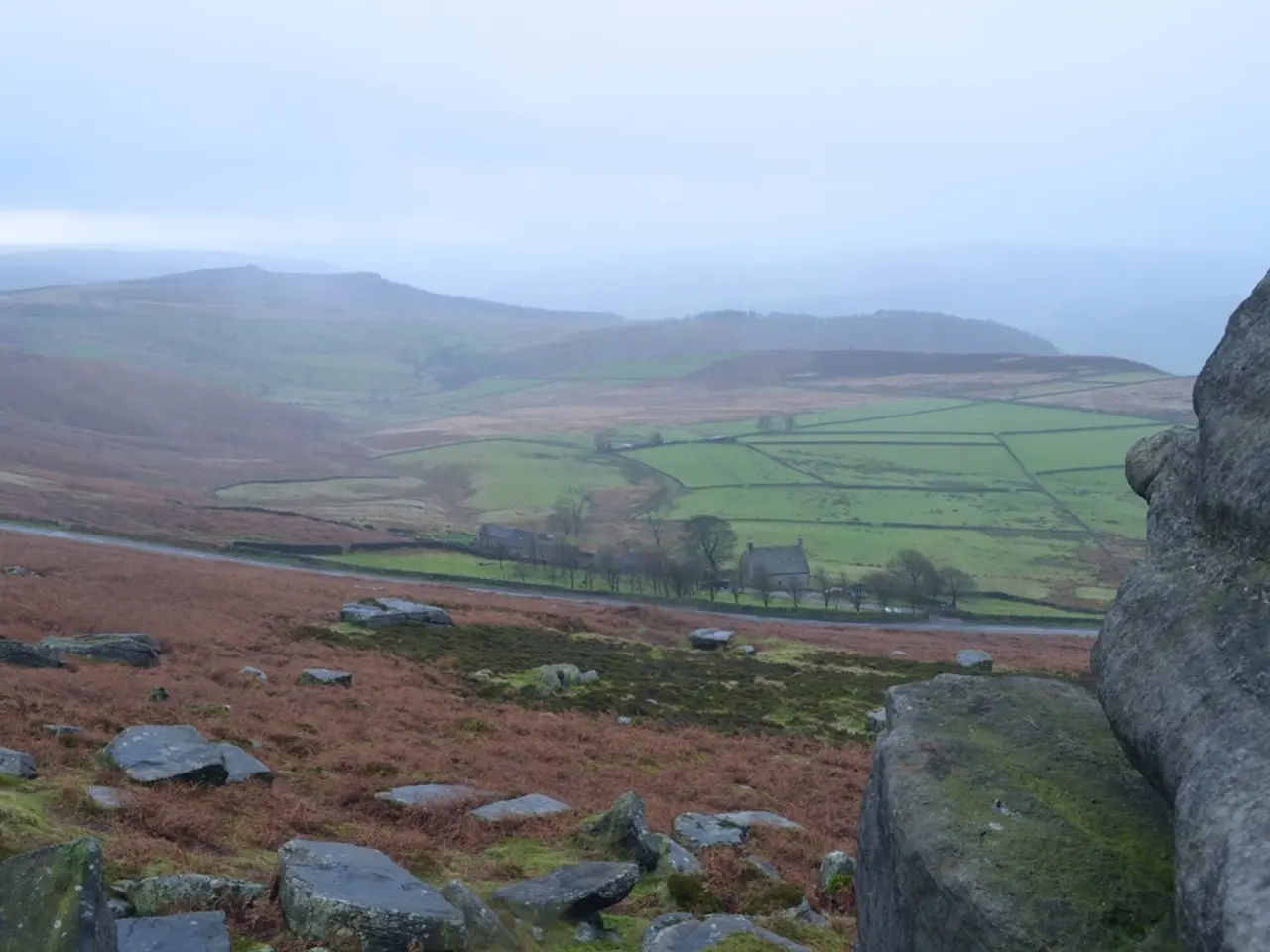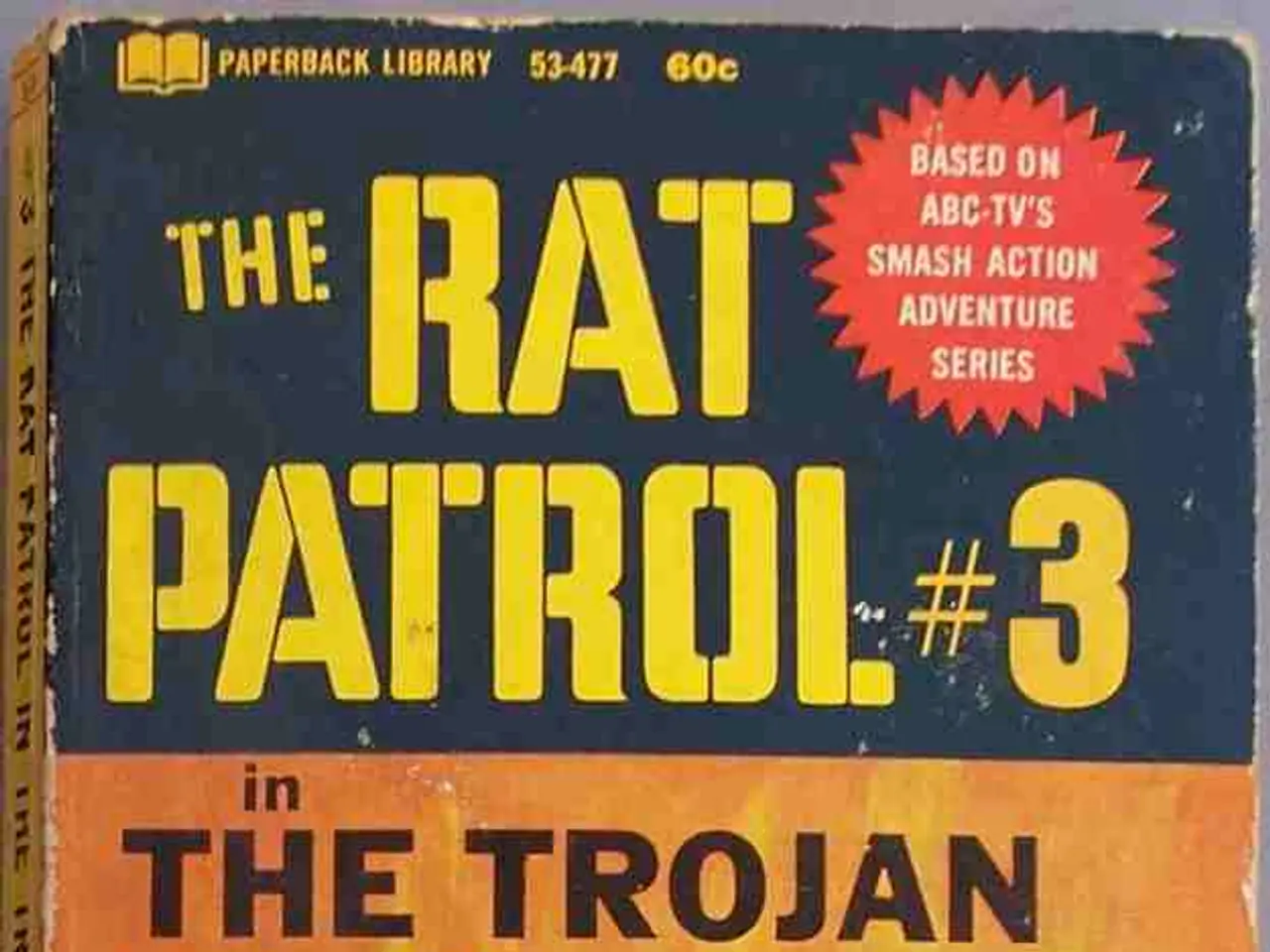Supernatural Tool: Unleashing Secrets Through Ouija Boards
Unraveling the Mysterious Allure of the Ouija Board
The Ouija board, initially peddled as a "talking board" in 1890, quickly seized America's imagination with its tantalizing promise of spirit communication. By the 1960s, it was selling like hotcakes, even as a children's toy in countries like Australia, the UK, and the US. Manufactured by Parker Brothers (now owned by Hasbro), this mystifying contraption became a household name alongside other board games like Monopoly.
As the decades passed, the Ouija board continued to enthrall, captivating generations with its enigmatic allure. The glowing, eerie moniker attached to it in the late 1990s—the Glow in the Dark Ouija Board—was a brilliant attack on the younger, thrill-seeking audience. This modernized version, complete with a phosphorescent surface, played upon the '90s obsession with all things spooky and paranormal, aligning with the popular shows like The X-Files and horror movies of the time.
The commercial, often captured on VHS tapes, has since become a relic of those bygone days, appealing to kids and teenagers with its beguiling, mystifying vibe. The VHS format itself adds to the nostalgic ambiance of this era, gathering vintage charm as it chronicles the shift from analog to digital media. The glow-in-the-dark feature only served to enhance the otherworldly aura enveloping the Ouija board, making it somewhat more relevant in a spooktacular decade.
Originally conceived by Charles Kennard and his company, the Kennard Novelty Company, in Baltimore, Maryland, the Ouija board was essentially a tool meant to converse with spirits, based on the Spiritualist movement's popularity at the time. The concept wasn't entirely novel, but Kennard and his colleagues took it a step further by patenting the design in 1891. The moniker Ouija, equally intriguing, allegedly materialized from a session using the board itself, which reportedly spelled out "Ouija" as the board's name, said to mean "good luck."
Businessman Elijah Bond and others, including William Fuld (who would later be dubbed the "father" of the Ouija board), also played pivotal roles in the board's success. Fuld championed the board, pushed its marketing, and increased its visibility until his death in 1927, when Parker Brothers claimed ownership in 1966. And so, the Ouija board's legacy as a cultural phenomenon was cemented.
Fast forward to 2012, researchers from the University of British Columbia explored the board's effects further in a study titled "The Supernatural Agency Belief Scale: Validating a Measure of Beliefs in Supernatural Agents and Their Influence." Participants were invited to ponder factual questions in both verbal and Ouija board formats. While their accuracy hovered around 50% when responding verbally, it improved to about 65% when using the Ouija board. This suggests that the board may help access subconscious knowledge that users might not be aware of.
On the other hand, alternate spiritual interpretations have posited that Ouija boards act as gateways for malevolent forces rather than drawing from the human subconscious. Some argue that supernatural energies are picked up by these boards, with dark forces masking their influence as benign or helpful answers to questions. In this perspective, Ouija board accuracy could be attributed to spiritual manipulation rather than buried knowledge within the user.
Cautionary tales against engaging with the occult have been conveyed through the years. Sir Christopher Lee's stern warning against dabbling in such matters, highlighted in the article "I Warn All of You, Never, Never, Never," serves as a stark reminder of the potential perils. He warned that such practices could not only threaten one's mental state but, more critically, their very soul. This is a profound reminder of the spiritual dangers connected with seemingly harmless tools such as the Ouija board.
- The glowing Ouija board's popularity soared in the 1990s, coinciding with the era's fascination with the paranormal, aligning with shows like The X-Files and horror movies.
- Researchers from the University of British Columbia, in a 2012 study, found that participants' accuracy answering questions increased from 50% verbally to 65% when using a Ouija board, suggesting it might access subconscious knowledge.
- Some researchers argue that Ouija boards act as gateways for malevolent forces, not drawing from the user's subconscious, but rather spiritual manipulation.
- Businessman Elijah Bond, along with Charles Kennard and William Fuld, played crucial roles in the Ouija board's success, with Parker Brothers eventually claiming ownership in 1966.
- The Ouija board, initially created as a tool for spirit communication, has transcended its roots in the Spiritualist movement and extended its allure into the realms of fashion-and-beauty, entertainment, and even the sports lifestyle.
- Sir Christopher Lee's warning against dabbling in the occult serves as a reminder of the potential spiritual dangers connected with seemingly harmless tools such as the Ouija board, cautioning that such practices could threaten one's mental state and, more critically, their very soul.








